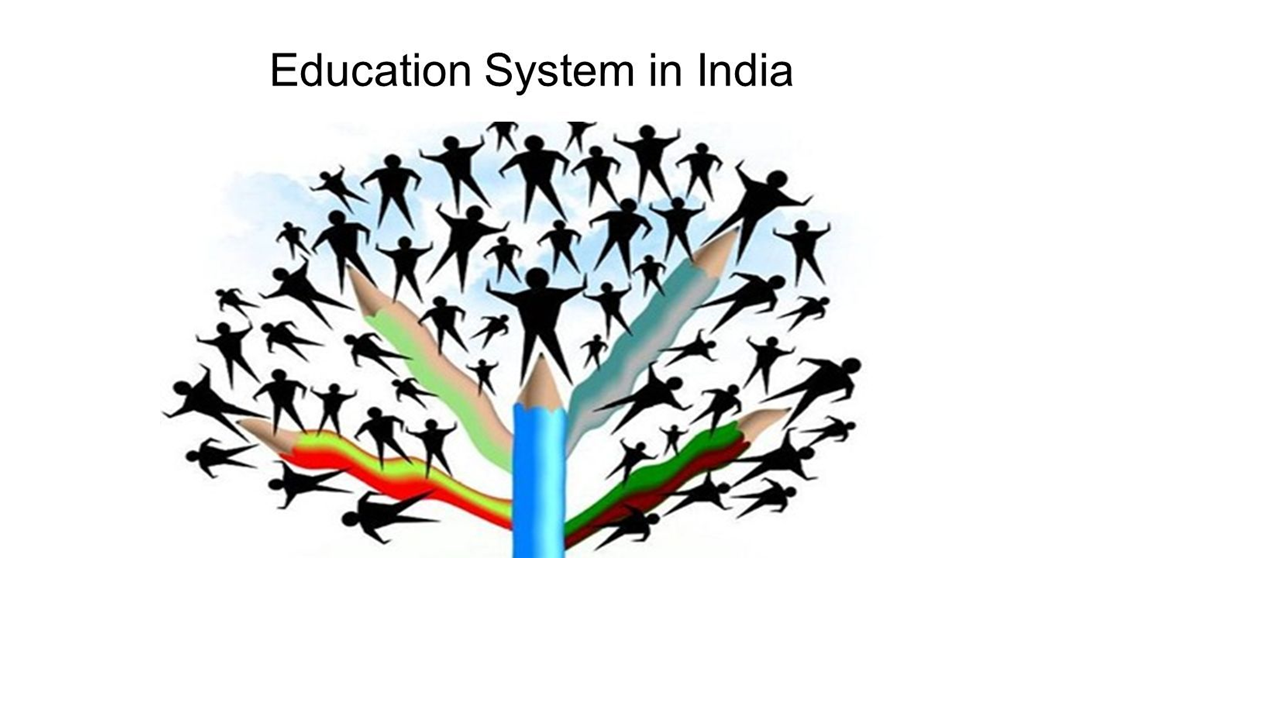How Stress kills you ?
Stress management is the process of identifying and controlling the sources of stress in your life, with the goal of reducing its negative effects and improving well-being. It involves a range of techniques and practices aimed at reducing physical, emotional, and mental stress, such as exercise, mindfulness, time management, and stress-reducing activities.
It also involves developing healthier coping mechanisms for dealing with stressors and learning to change negative thought patterns and behaviour that contribute to stress. The goal of stress management is to help you lead a happier, healthier, and more balanced life.
What is Stress?

Stress is a normal and natural response to challenging or threatening situations. It is a state of emotional and physical tension that results from a perceived or actual threat to our well-being. When we experience stress, our bodies respond by releasing hormones such as cortisol and adrenaline, which prepare us to face the threat. This is known as the “fight or flight” response, and it has been an essential survival mechanism for humans for thousands of years.
However, in modern society, stress is often not related to immediate physical danger, but rather to on-going emotional, mental, and social challenges, such as work pressure, financial worries, relationship problems, and health concerns. These types of stress can persist over long periods of time, leading to chronic stress.
Stress creeps into human beings because we all have different levels of tolerance for stress and our responses to stress can also be influenced by our genetics, upbringing, and life experiences. Some people may be more susceptible to stress because of their personalities, genetic makeup, or early life experiences. Additionally, modern life presents many challenges that can contribute to stress, such as fast-paced living, constant connectedness, and financial pressures.
How do we manage Stress?
There are many effective ways to manage stress, and different techniques may work better for different people. Some common stress management techniques include
- Exercise: Regular exercise can help reduce physical and emotional stress and improve mood.
- Relaxation techniques: Relaxation techniques, such as deep breathing, meditation, and yoga, can help calm the mind and reduce stress.
- Time management: Being organized and prioritizing tasks can help reduce stress caused by feeling overwhelmed or overworked.
- Healthy diet: Eating a healthy, balanced diet can help regulate mood and energy levels, which can in turn help reduce stress.
- Social support: Spending time with friends and family, or talking to a counsellor or therapist, can provide emotional support and help reduce stress.
- Sleep: Getting adequate sleep is important for overall health and can help reduce stress and improve mood.
- Mindfulness: Practicing mindfulness and staying in the present moment can help reduce stress and anxiety.
- Laughter and fun: Engaging in activities that bring joy and laughter, such as hobbies, can help reduce stress and improve overall well-being.
It’s important to find what works best for you and to make stress management a regular part of your life. It may also be helpful to find healthy ways to manage stressors, such as learning to say no or delegating tasks.
Impact of Stress?
There are several reasons why stress management is important
- Physical health: Chronic stress can have negative effects on physical health, including increased risk of heart disease, high blood pressure, and weakened immune system.
- Mental health: Stress can contribute to mental health problems such as anxiety and depression, and can also exacerbate existing mental health conditions.
- Relationships: Stress can strain relationships and cause conflicts with friends, family, and co-workers.
- Work performance: Stress can affect work performance and productivity, leading to decreased job satisfaction and increased absenteeism.
- Quality of life: Stress can interfere with daily activities and overall enjoyment of life, leading to feelings of unhappiness and dissatisfaction.
By managing stress effectively, individuals can improve their physical and mental health, strengthen relationships, and enhance their overall quality of life. Additionally, stress management can help individual’s better cope with stressors and reduce the risk of stress-related health problems.
How do we avoid Stress?

While it is not possible to avoid stress completely, there are steps you can take to minimize its impact and prevent it from becoming chronic. Some ways to avoid stress include
- Prioritizing self-care: Taking care of your physical and emotional well-being through exercise, healthy eating, and relaxation techniques can help reduce stress.
- Practicing time management: Organizing your time and learning to prioritize tasks can help reduce feelings of overwhelm and stress.
- Maintaining a work-life balance: Finding a balance between work and personal life can help reduce stress and improve overall well-being.
- Seeking support: Building a support system of friends, family, or a support group can provide emotional and practical support, helping to reduce stress.
- Practicing mindfulness: Staying in the present moment and focusing on your thoughts, feelings, and sensations can help reduce stress and improve mental well-being.
- Pursuing activities you enjoy: Engaging in hobbies and other leisure activities that bring you joy and relaxation can help reduce stress and improve overall well-being.
- Learning to manage stressors: Finding healthy and effective ways to manage stressors, such as delegating tasks or saying no, can help reduce stress and improve overall well-being.
It’s important to remember that everyone experiences stress differently and what works for one person may not work for another. The key is to find what works best for you and to make stress management a regular part of your life.
Why Humans get into stress?
Humans get into stress because of a variety of reasons, including:
- Life events: Major life changes such as moving, starting a new job, getting married or divorced, and the death of a loved one can be sources of stress.
- Work-related stress: Workload, long hours, job insecurity, and conflicts with co-workers or supervisors can cause stress.
- Financial stress: Money problems, such as debt, living paycheck to paycheck, and not being able to make ends meet, can be sources of stress.
- Relationship stress: Conflicts with partners, family members, or friends can cause stress.
- Health-related stress: Chronic illness, injury, or disability can cause stress, as can concerns about health, such as the fear of illness or the stress of managing a medical condition.
- Environmental stress: Noise pollution, traffic, and other environmental factors can cause stress.
- Social stress: Being isolated, having a limited social network, and feeling disconnected from others can cause stress.
These are just some of the common sources of stress. Additionally, stress can be influenced by personal factors such as genetics, personality, and life experiences. Chronic stress can have negative effects on both physical and mental health, so it’s important to find effective ways to manage stress and maintain overall well-being.
In conclusion, stress management is a critical aspect of overall health and well-being. Stress is a normal part of life, but chronic stress can have negative effects on both physical and mental health. There are many effective strategies for managing stress, including exercise, relaxation techniques, healthy diet, social support, sleep, mindfulness, and engaging in activities that bring joy and laughter.
It’s important to find what works best for you and make stress management a regular part of your life. Additionally, avoiding or minimizing stressors, and finding healthy ways to manage stressors, can also help reduce stress and improve overall well-being. Remember, taking care of your physical and emotional health is an investment in yourself, and can lead to a happier, more fulfilling life















































